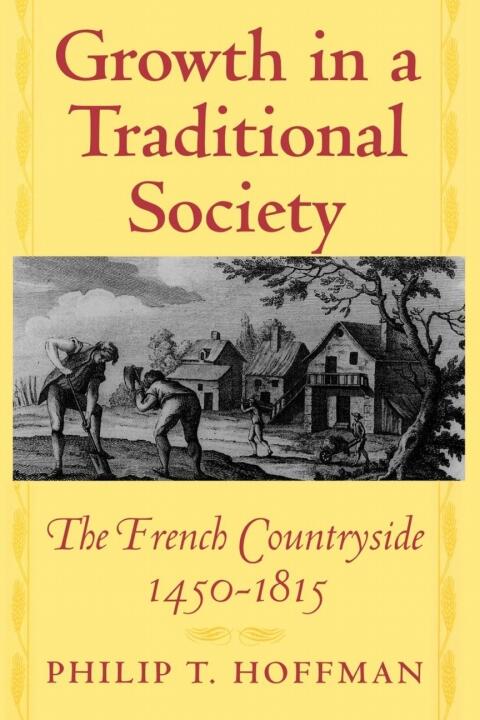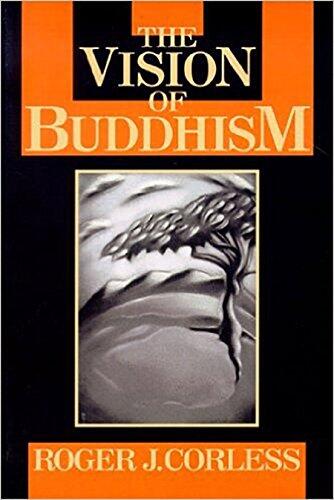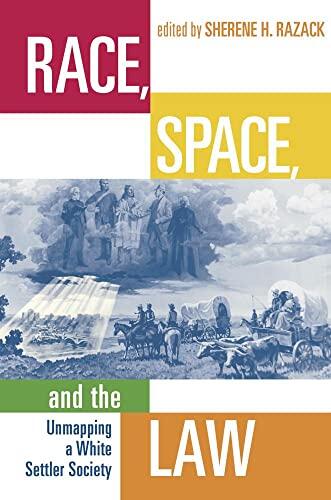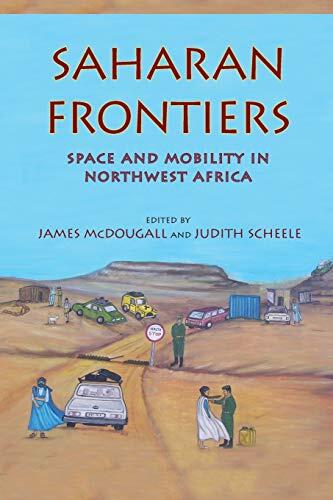
Growth in a Traditional Society: The French Countryside, 1450-1815
بواسطة
Philip T. Hoffman
لا توجد تقييمات بعد
History
تنسيق
كيندل
صفحات
362
لغة
الإنجليزية
منشور
Jan 1, 2018
الناشر
Princeton University Press
الطبعة
2
رقم ISBN-10
0691187207
رقم ISBN-13
9780691187204
الوصف
Philip T. Hoffman challenges the prevailing notion that traditional agricultural societies were stagnant and unchanging from the late Middle Ages through the early modern period. By meticulously examining the dynamics of the French countryside between 1450 and 1815, he reveals a landscape marked by significant economic and social developments. Hoffman's analysis showcases how farmers, despite facing numerous obstacles, innovated and adapted their practices to enhance productivity and respond to market demands.
Through a blend of historical narratives and economic data, Hoffman illustrates the complexities of rural life and the interconnections between agriculture, regional markets, and broader economic trends. He highlights the role of local governance, land ownership arrangements, and agrarian technologies in shaping the growth and resilience of rural communities in France. In doing so, he offers a nuanced understanding of how tradition and change coexisted in this pivotal period of history.
This work not only contributes to the field of economic history but also provides valuable insights into the societal transformations that accompanied the rise of early modern Europe. Hoffman's conclusions encourage readers to rethink the historical trajectories of rural populations and recognize their essential contributions to the evolution of early capitalist economies.
Through a blend of historical narratives and economic data, Hoffman illustrates the complexities of rural life and the interconnections between agriculture, regional markets, and broader economic trends. He highlights the role of local governance, land ownership arrangements, and agrarian technologies in shaping the growth and resilience of rural communities in France. In doing so, he offers a nuanced understanding of how tradition and change coexisted in this pivotal period of history.
This work not only contributes to the field of economic history but also provides valuable insights into the societal transformations that accompanied the rise of early modern Europe. Hoffman's conclusions encourage readers to rethink the historical trajectories of rural populations and recognize their essential contributions to the evolution of early capitalist economies.



















